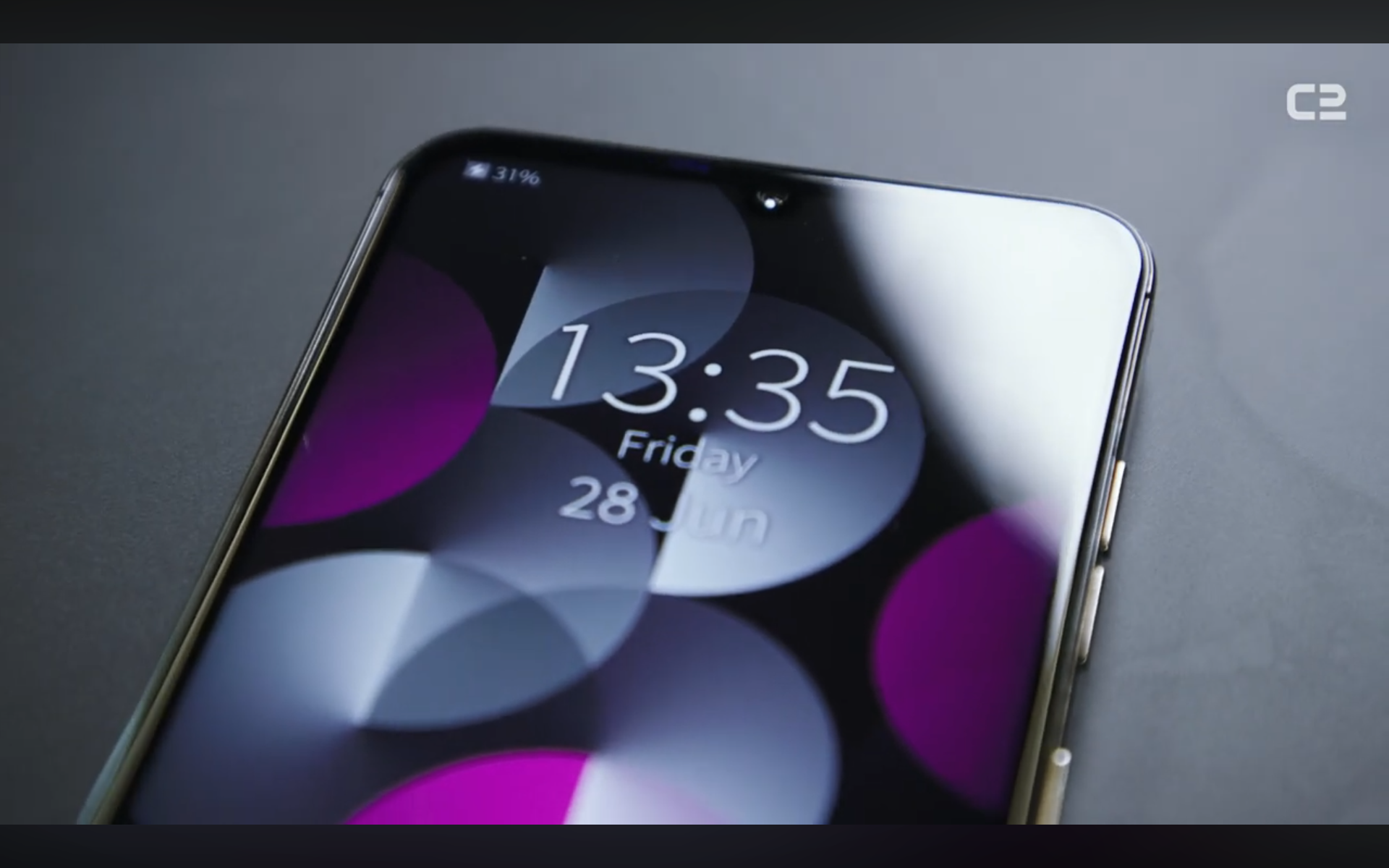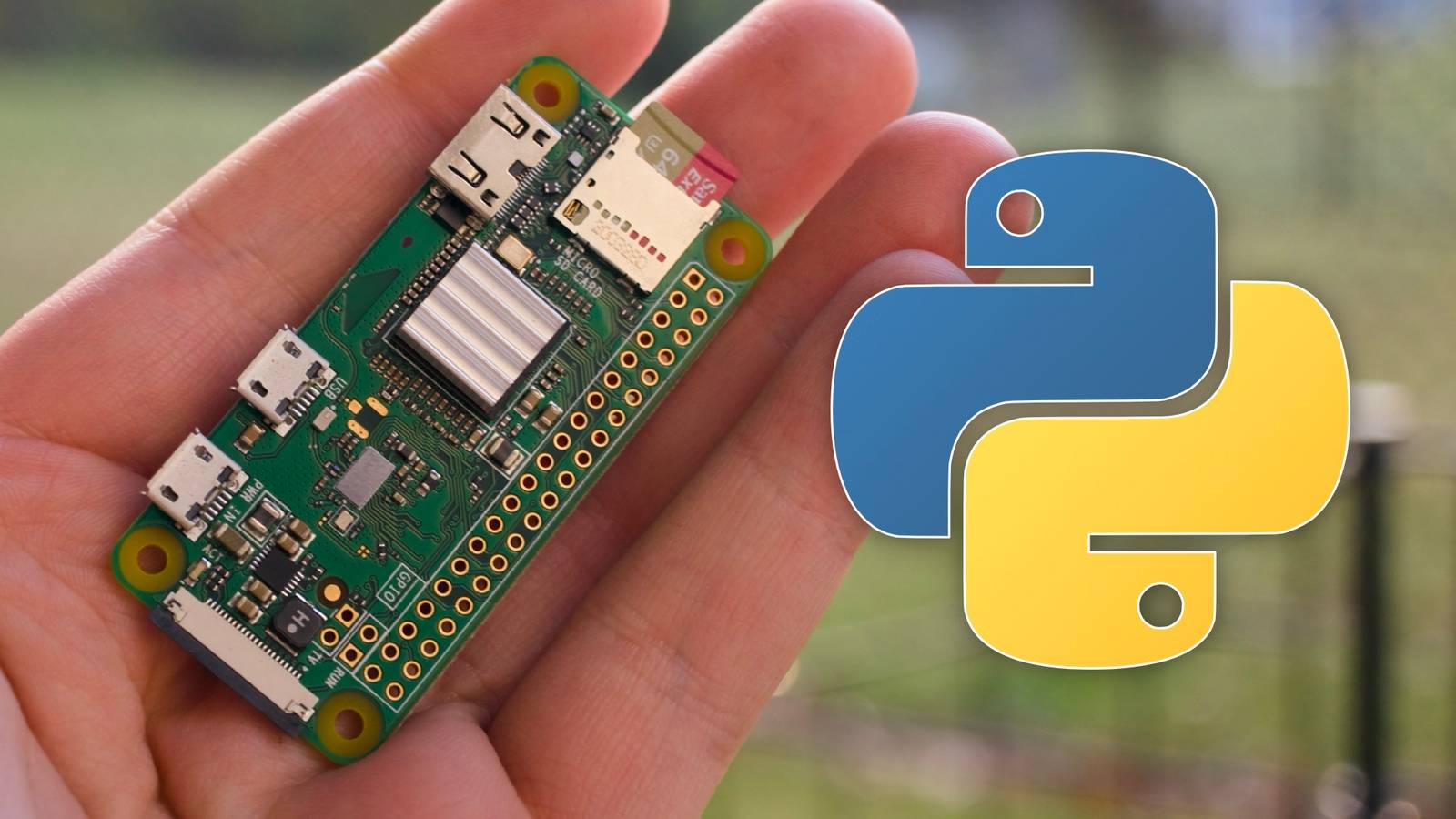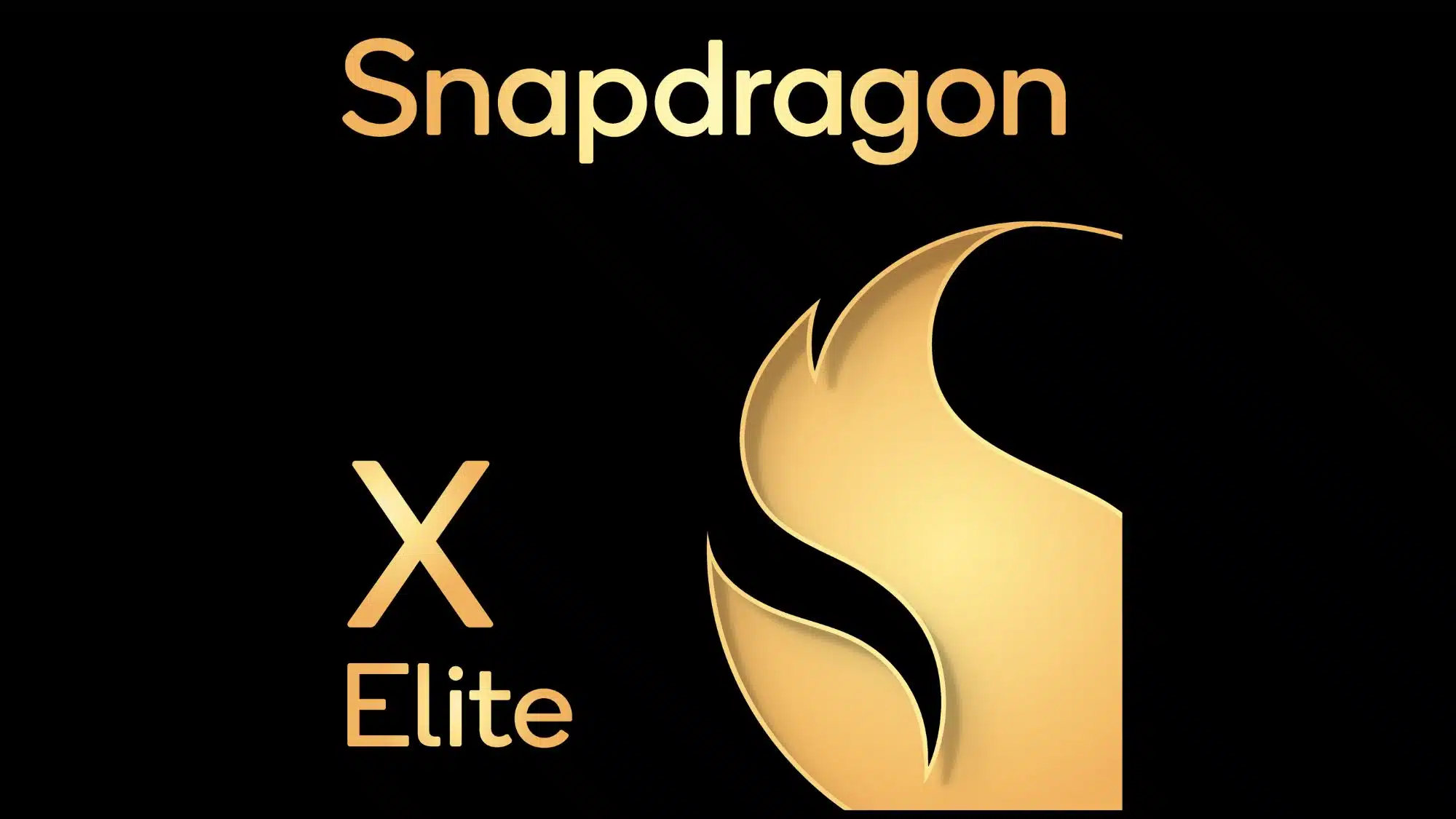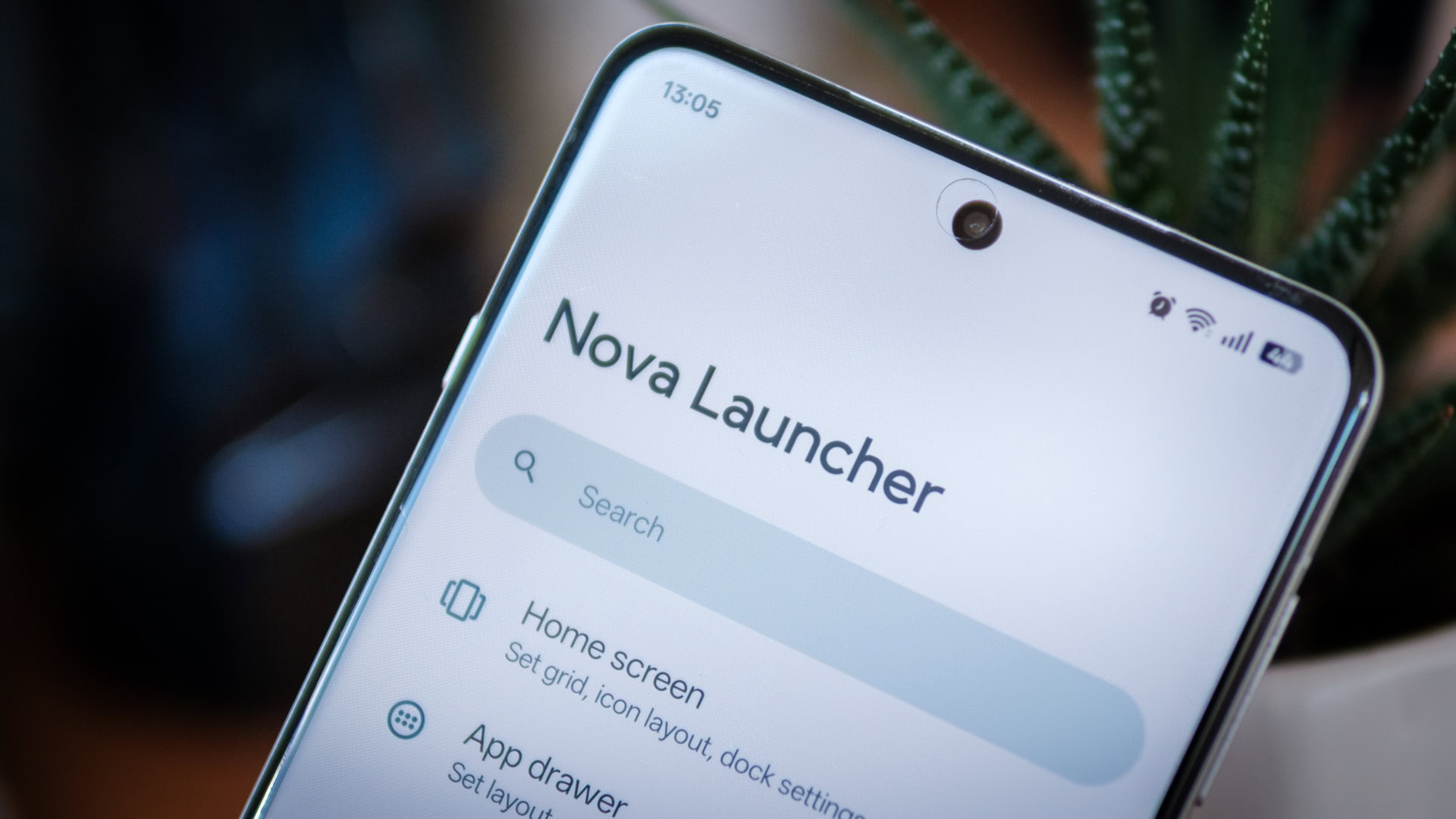In the ever-changing world of mobile operating systems, few stories exemplify the spirit of resilience and innovation as much as that of Sailfish OS. Born from the ashes of Nokia’s ambitious but short-lived MeeGo project, Sailfish represents a breakthrough against the domination of iOS and Android. Its roots date back to 2011, when Nokia and Intel invested around $1 billion in the development of MeeGo, an open source platform that powered devices like the iconic Nokia N9. Despite the N9’s cult following among open source enthusiasts, Nokia abruptly switched to Microsoft’s Windows Phone, leaving MeeGo’s future in limbo.
Undeterred, a dedicated team of MeeGo Project engineers founded Jolla Ltd. in Finland. They reinvented MeeGo’s swipe interface into what became Sailfish OS, enhancing it with compatibility with Android apps to broaden its appeal. This move not only preserved the open source philosophy, but also positioned Sailfish as a viable alternative for users seeking privacy and customization beyond the traditional duopoly.
From heritage to innovation
Jolla’s commitment to openness has been a cornerstone of Sailfish’s development. As detailed on the official Sailfish OS Information PageThe operating system builds on the foundations of MeeGo, integrating modern features like gesture-driven navigation and seamless multitasking. Unlike proprietary systems, Sailfish allows for deep customization, appealing to developers and businesses that prioritize data sovereignty.
Industry observers note that Sailfish’s evolution reflects broader trends in mobile technology, where privacy concerns are driving demand for independent platforms. According to a Wikipedia report, Sailfish OS is a paid Linux-based system that includes open source elements from the Mer project, with a closed user interface developed by Jolla. This hybrid model has allowed it to be released on devices such as the Jolla phone and tablet, although commercial adoption is niche.
A community-focused path
The community aspect of Sailfish cannot be overstated. Jolla emphasizes a “citizen” approach, inviting developers and users to contribute to its growth. This collaborative model, as highlighted by Wikipedia entry on Sailfish OStakes inspiration from the legacy of MeeGo, where around 80% of the code comes from the Mer core, essentially a rebuilt version of the original MeeGo.
Recent updates, such as version 5.0 “Tampella” reported by Yahoo Tech, introduce improvements like improved privacy tools and better Android app integration, keeping Sailfish relevant in a market hungry for alternatives. Jolla’s partnerships, including regional licensing for governments and businesses, highlight its potential in industries where data security is paramount.
Challenges and future prospects
Still, Sailfish faces obstacles in a market dominated by giants. Limited hardware support and need for community ports to third-party devices, as noted in the documentation Sailfish OS Documentationmay deter mainstream users. Yet its gesture-based user interface and multitasking prowess, praised in PhoneArena reviews, provide a smooth experience that rivals more established systems.
For industry insiders, Sailfish’s story serves as a reminder of the value of perseverance. As Jolla continues to refine the operating system, as evidenced by features such as direct control of applications from the multitasking view, according to the Sailfish OS design page– it creates a niche for those who are disappointed by data-intensive ecosystems. With continued support from the community through forums like Sailfish OS Forumand a privacy policy described on The Jolla siteSailfish positions itself as a beacon of ethical mobile computing.
Keep the vision open
In the future, Sailfish’s ability to run on various devices, from smartphones to potential IoT applications, could expand its presence. Insights from Medium articles, like this one from Caffeine detailing its MeeGo legacy, suggest that mergers like the one with the Mer project in 2019 have strengthened its open source backbone.
Ultimately, Sailfish OS embodies the Finnish spirit of sisu: resilience in the face of adversity. While it may not topple the titans, its existence ensures diversity in mobile options, fostering innovation that benefits the entire industry. As Jolla moves forward, industry observers will be eager to see if this underdog can navigate larger waters.










